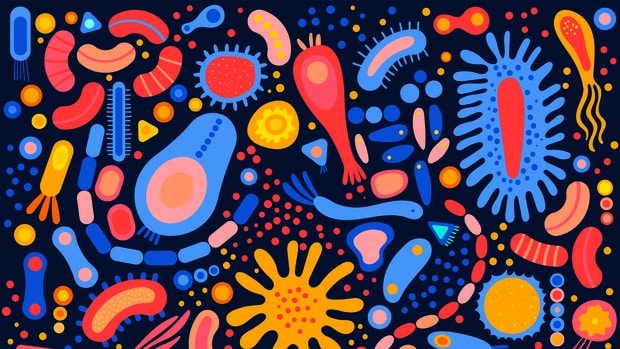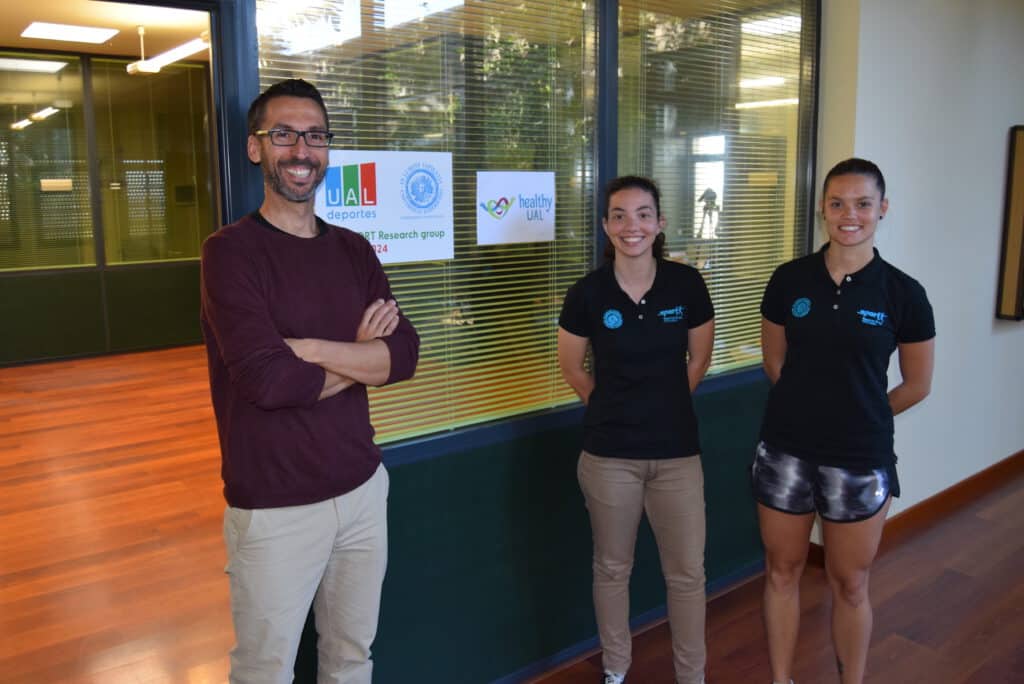Physical exercise, through as yet unknown molecular mechanisms, is capable of improving human cardiometabolic health. Our intestine is inhabited by trillions of bacteria that form the intestinal flora. Different studies have shown that these small cohabitants that exist in our intestine are capable of influencing our metabolic health, either improving or worsening it. But can physical exercise really modify the composition and function of the bacteria that inhabit our gut? Could these beneficial effects be transferred through fecal transplants?



